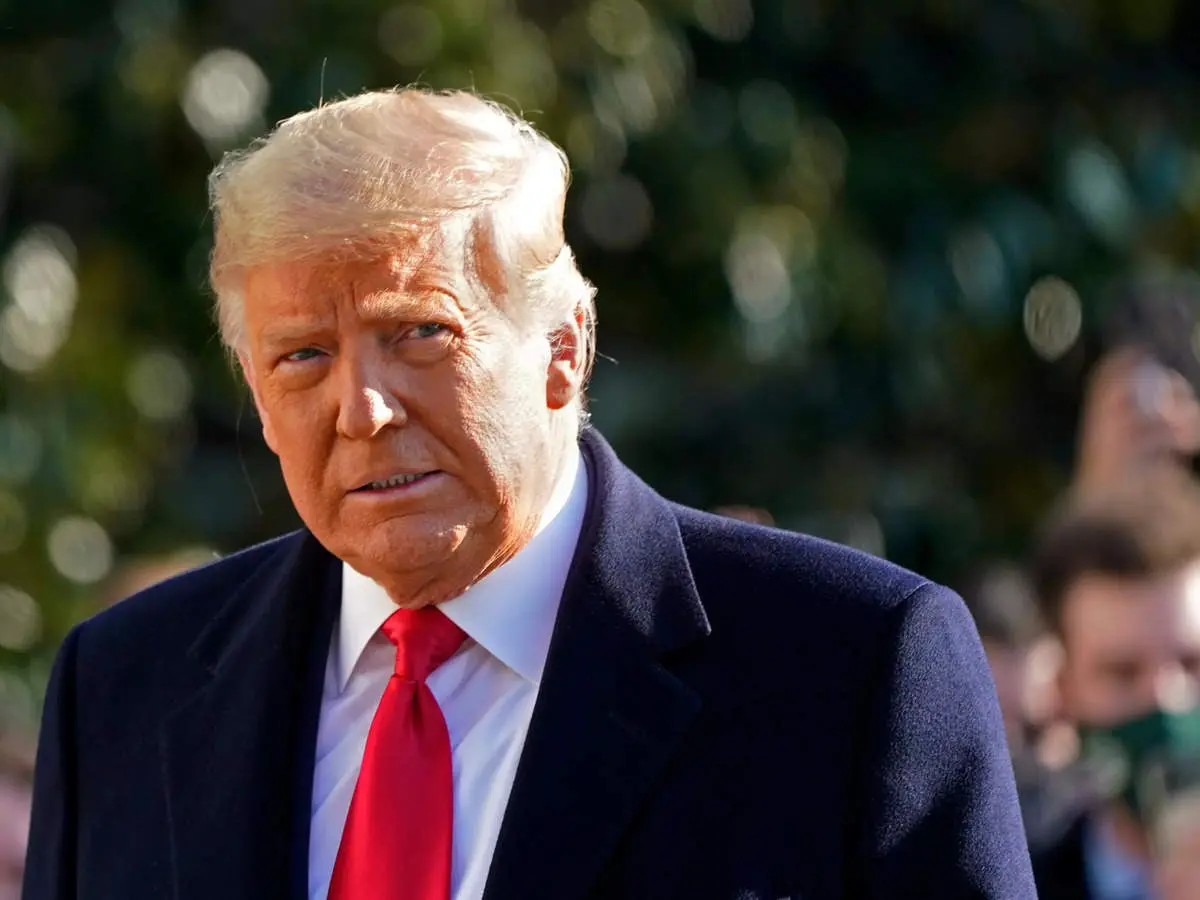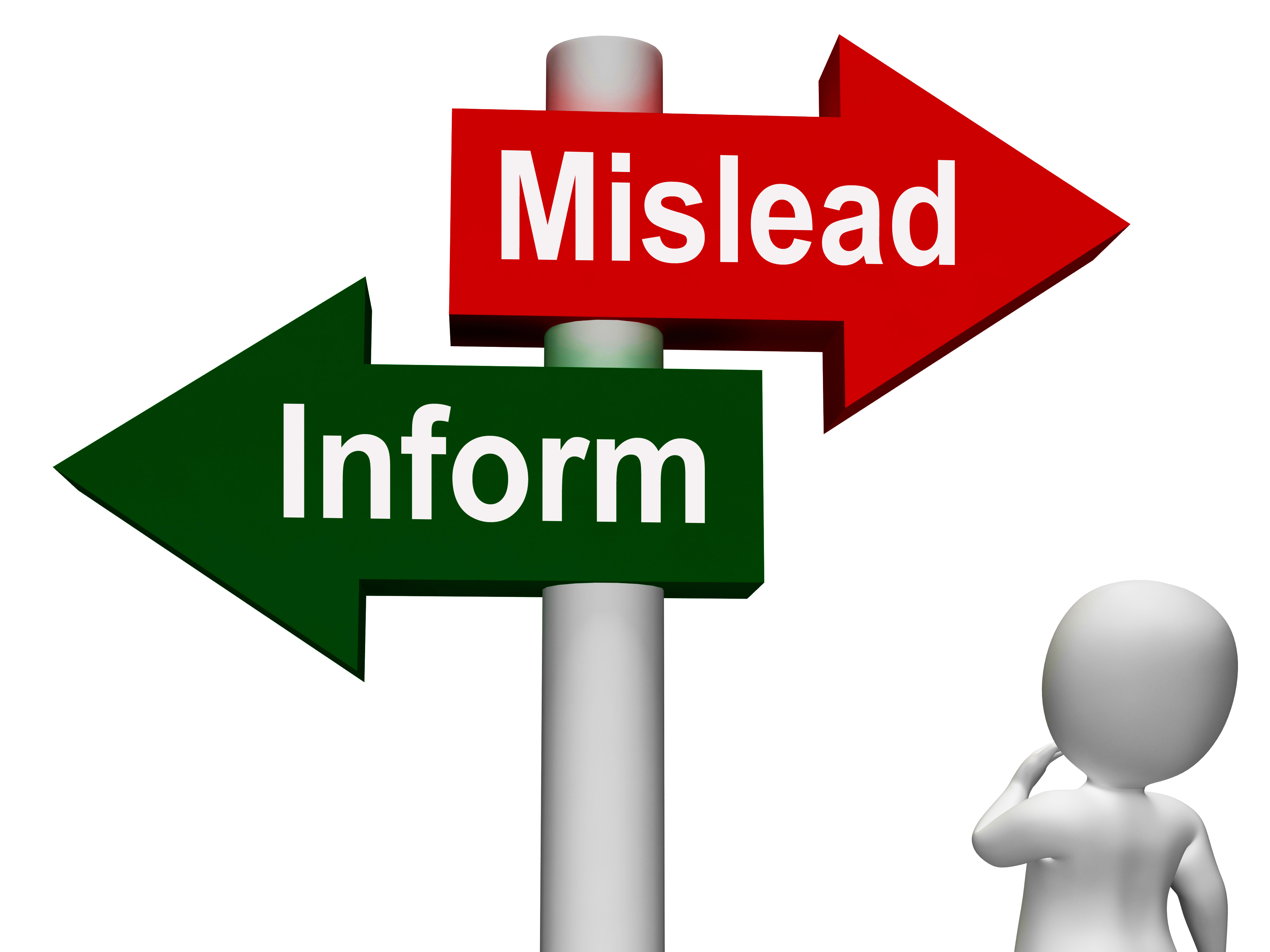Philip Rotner Attorney - Bulwark will tour in January 2023 with stops in Los Angeles and Seattle. Come with us! Details here.
Former President Donald Trump adviser Steve Bannon addresses the media outside the E. Barrett Prettyman courtroom on June 15, 2022 in Washington. Bannon faces a federal judge on Jan. 6 for contempt of court charges for failing to respond to a subpoena from the House Judiciary Committee. (Photo: Kevin Dietsch/Getty Images)
Philip Rotner Attorney

Trump ally and apologist Steve Bannon reportedly said on Jan. 6 that he is ready to testify before the House after months of obstruction. The change in Bannon's position was linked to a letter from former President Trump on July 9, in which he told Bannon: "If you will agree on the time and location of your testimony, I will waive your executive authority to allow you to testify." before the committee.
Trump Was 5 Rudy Giulianis Short Of Coup: Conservative Website
One way to look at this development, according to some observers, is that Bannon, who is on trial for violating congressional subpoenas, was completely terrified and finally agreed to testify to avoid the easy way out. Or both Trump and Bannon are hoping someone will have Bannon's megaphone in this case to present Trump's version to the public.
They shouldn't. Bannon may have no intention of testifying. It's definitely playing a more strategic escape game
Bannon has maintained that his refusal to testify was based on administrative privilege and that he acted in good faith without any criminal intent. He argues that evidence of his good faith is based both on the advice of his own attorney and that he is willing to testify now that Trump has offered to waive executive privilege.
Of course, there are various problems with the idea that Bannon's testimony has ever been legally protected by executive privilege, including a judge's ruling last month that Bannon was not eligible for such a defense "at least not at this stage." Process. However, the phrase "at least not at this stage" leaves the question open.
Trump's Day In Court (and Court And Court And Court)
Trump's statement that he is willing to waive executive privilege certainly suggests that he is the first to make such a request. Moreover, Trump clarified: "When I first received a subpoena to testify and provide documents, I claimed executive privilege."
At least, Bannon would argue, it's Trump's insistence on executive privilege, or at least what Bannon thinks. Bannon's announcement that Trump was actually invoking executive privilege should be enough to put the issue back on the table.
His executive privilege in court. If there had been a civil action to compel him to comply with the subpoena, the argument that the privilege claim would have properly protected him from testifying would have prevailed. There was no way he could do that.

But, as the Justice Department pointed out at Monday's hearing, it is not a civil lawsuit to compel Bannon to comply with the subpoena. Rather, it is a criminal process that "punishes those who have failed to comply with previous regulations." The Justice Department said Bannon's willingness to testify "does not remove his previous contempt."
Cup Of Joe
Not so fast. Bannon argues that the Justice Department's argument that Trump's letter does not erase past contempt is simplistic and unpersuasive. If Bannon had (1) before receiving Trump's letter, he truly believed that Trump had obtained executive privilege, and (2) his lawyers had advised him that he had the authority to respect that privilege, he might have been persuaded. By the jury at least acted in good faith without criminal intent. Maybe not all twelve, but I only need one.
And it looks like he's going to do it, even though U.S. District Judge Carl J. Nichols may have thrown a stick at Bannon's strategy yesterday. Nichols reportedly said Bannon "can't think he's protected by his executive privilege." It seems highly unusual for a judge to make a judgment about a defendant's state of mind, so pretrial as to whether the defendant had the requisite intent to commit a crime, and without any evidence on that point. His doing so seems particularly noteworthy, especially when the question of what Bannon says and believes is hotly contested.
If Judge Nichols' ruling is indeed broad, and upheld, it seems inevitable that Bannon's game will fail. It was built entirely on his belief that Trump had ordered him to seek executive privilege, which his lawyers advised he could do legally. On the other hand, if Nichols' judgment is narrower than stated, Bannon's strategy still holds up.
Trump's July 9 letter is Exhibit A in Bannon's front-line defense that he genuinely believes he will respect the executive privilege Trump invoked. Trump has now stated in writing that he will exercise executive privilege over Bannon's subpoenas. Bannon now claims he's willing to testify about Trump's waiver of executive privilege (more on that below), proving he's done nothing but honor the initiative in good faith.
The Secret Service's Inexcusable Document Destruction
Bannon's attorney, Robert Costello, may be a second line of defense witness for Bannon, who relied on the attorney's advice and therefore acted in good faith and without criminal intent.
If there was any doubt that Bannon would rely on a lawyer to defend himself, those doubts were dispelled last week when Costello asked a judge to withdraw as Bannon's lawyer on the grounds that he might be a potential witness. He introduced himself as "Bannon's sole source of factual and legal information on this matter."
A lawyer does not shout "reliance on counsel" any louder than a lawyer willing to drop a case on the pretext that he may be a witness, especially when the lawyer makes it clear that he is the client's sole source of information about "the law."

Using his willingness to testify, Trump has now waived that privilege — as a defense in a criminal trial, and Bannon's game is also designed to prevent him from testifying. It sounds like a neat trick, but it makes sense if you remember one central move in the game: Bannon just
To Crack Open The Big 2020 Election Scheme, Start By Prosecuting The Fake Electors
He accomplishes this little trick by testifying on terms that the January 6th Committee will not accept. He wants his testimony to be made public, which means it will be broadcast live on television. It wraps the request in a flag:
The public deserves to hear the whole truth. Selected edited excerpts from other witnesses' testimony are misleading and out of context. I demand that this be rectified, and I will not allow the wrong choice to be made.
Allowing Bannon to testify in televised hearings would certainly be an absolute disaster. This committee is crazy to even think about it. Imagine what it would be like to testify publicly on television. Bannon would only give direct, to-the-point answers if he believed they would help him. Otherwise, he is combative, dismissive, and withdrawn. He would always have a memory when it was convenient. He mocked and mocked the interrogators. He's going to take over the process, change the narrative, support Trump, ramp up his anti-committee campaigns all the time, and take full advantage of every opportunity to undo everything the committee has accomplished. Why on earth would the committee sign it?
And Bannon is paying nothing for it. He is intelligent and can go to the edge of lies, but not cross them. In the process, he is rewarded with his favorite drug and unlimited media attention. It will also attract more users and become a hero in Trump's world.
Don't Play Bannon's Game
With his July 9 "accusation" letter, Trump seems happy to play along with Bannon, rather than bystanders. This letter is like any other gamble in the game. Read carefully, this letter of "accusation" won't give you anything. He does not say that he agreed to waive the privilege. Rather, it is oddly qualified. He said he would "give up" the privilege "if".
Why would the "time and place" regulations be invoked to waive his executive power? Because Trump knows that Bannon will never convince the commission to testify on television, and that Bannon will not testify without his permission. A proposal that the committee can only reject is not a legal proposal.
So in the end, contrary to popular belief, Trump disagreed

Philip katz attorney, philip deberard injury attorney, philip duval attorney at law, philip stillman attorney, philip holloway attorney, philip robertson attorney, philip miller attorney, philip cohen attorney, philip greenberg attorney, philip brown attorney, philip peterson attorney, philip rotner



0 Comments